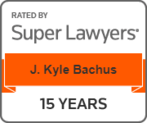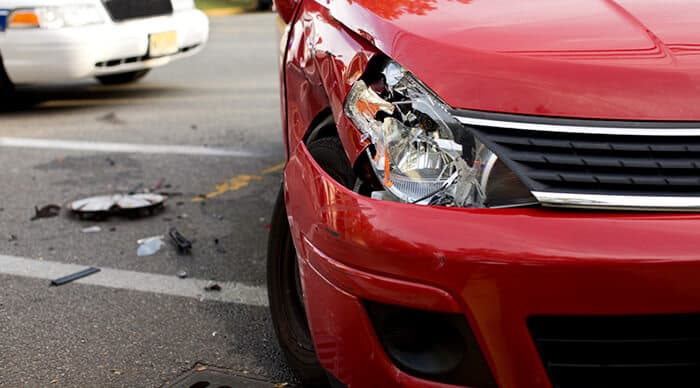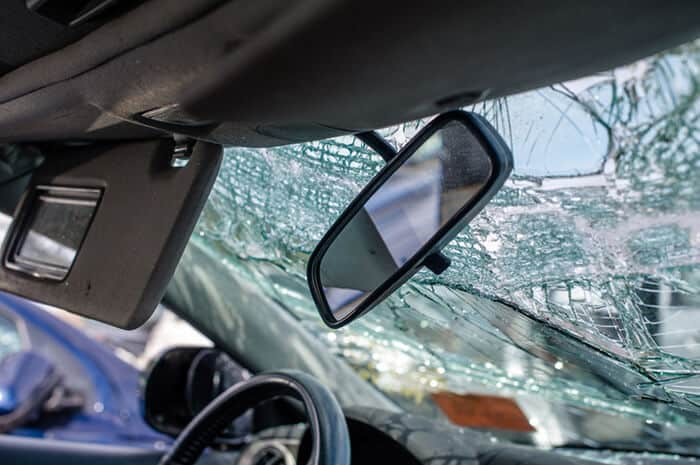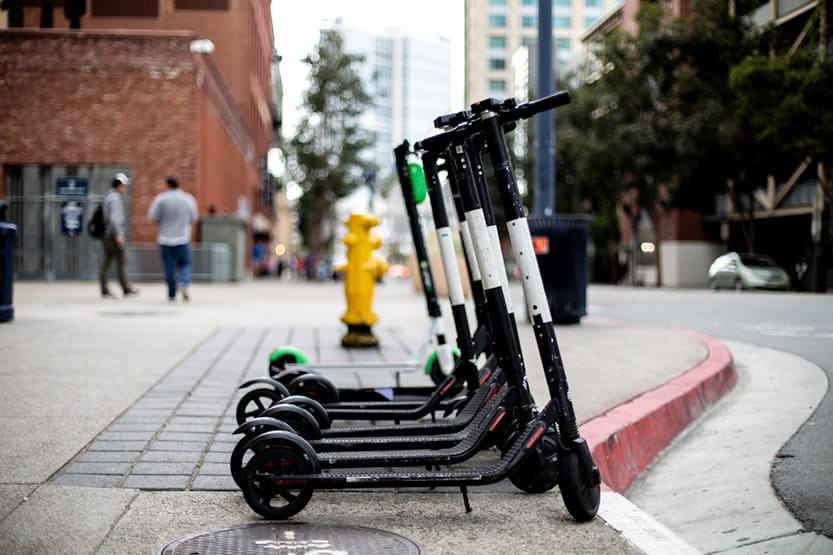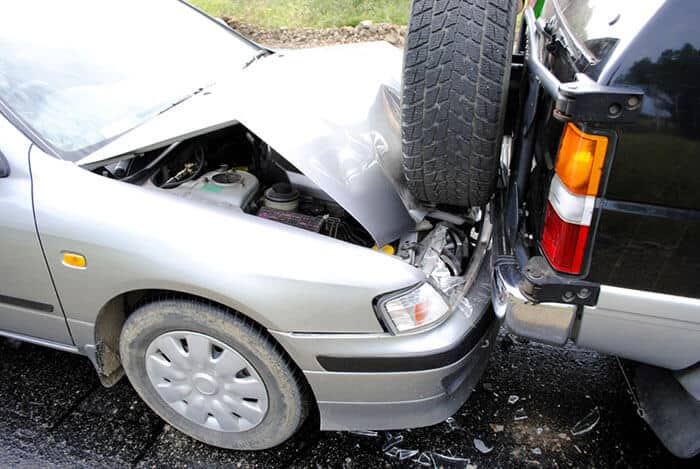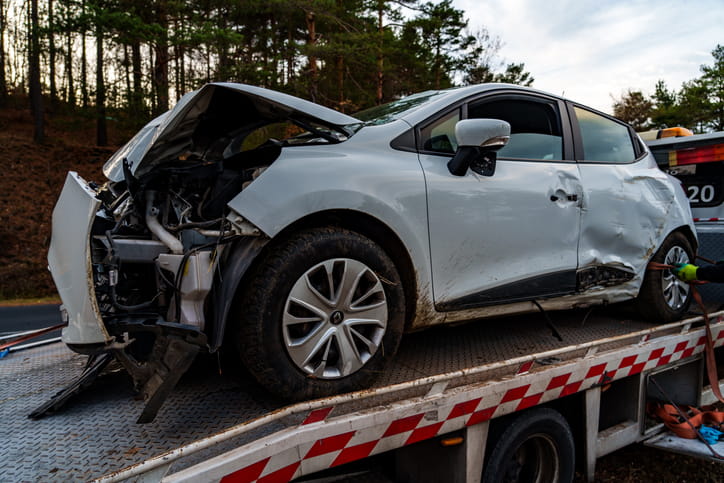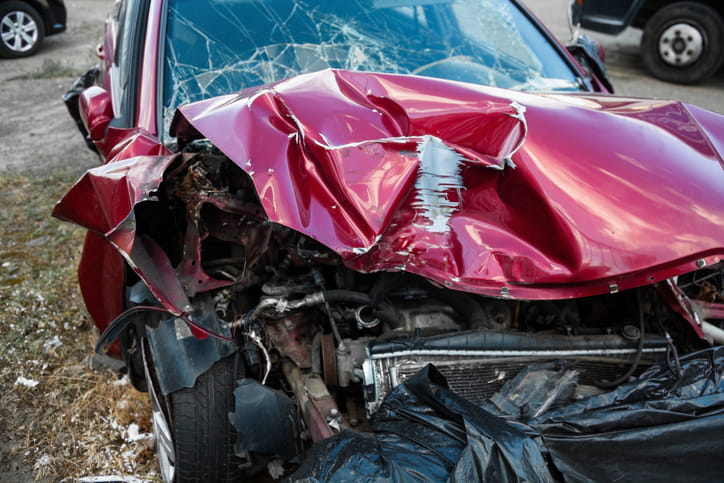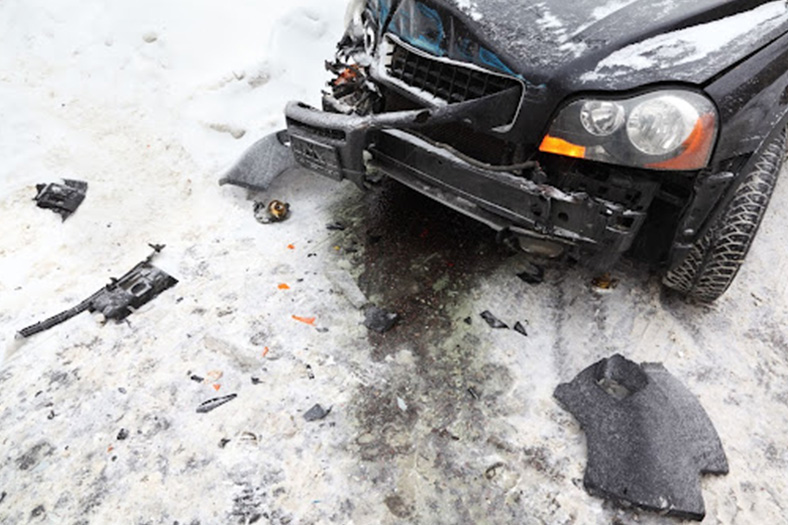What Happens When Car Accident Claims Exceed Insurance Limits?
The 2,282,015 people injured in car accidents in 2020 equals an average of 6,235 injured daily. The 38,824 fatalities equals an average of 106 lives lost in car accidents every day.
From 2012 to 2022, the number of lives lost in car accidents in Colorado increased by 57%. Colorado State Patrol investigates approximately 70% of all fatal car accidents, and reports that the primary causes of fatal car accidents in Colorado in 2020 included the following:
- Aggressive driving
- Distracted driving
- Driving while intoxicated (DUI) or driving under the influence of drugs (DUID)
- Speeding
All of these primary causes are preventable. After a car accident, the at-fault party’s insurance company typically offers a settlement to the crash victims to prevent legal action. However, there are times when a car accident claim exceeds the insurance limits. You may wonder what happens if you’re offered less than you deserve and what options you have. You can establish negligence
Bachus & Schanker Wins – Over $1 Billion Recovered
- What is the minimum insurance coverage for drivers in Colorado?
- When do claims typically exceed insurance limits?
- What factors into settlement amounts?
- What options do you have when settlements exceed policy limits?
- How can Bachus & Schanker help me after a car accident?
- Visit Our Auto Accident Law Offices Across Colorado & Beyond
- Related Car Accident Resources
- You Deserve Fair Compensation
What is the minimum insurance coverage for drivers in Colorado?
Two key factors affect accident settlements in Colorado. These factors have to do with whether insurance policy limits are per person or per accident and whether the insurance policy follows the car or the driver.
Per person vs. per accident
Per-person insurance limits cap the amount payable for bodily injuries or death in any accident, while per-accident limits cap the amount payable for all bodily injuries or deaths in the accident.
Suppose your state’s minimum policy requirements require you to carry a policy that pays $50,000 per person for bodily injury or death and $100,000 per accident for bodily injury or death. You have the minimum requirements and don’t opt for additional coverage. If you’re at fault for a car accident that injures one person, your insurance will pay a maximum of $50,000 to that person. However, suppose you’re at fault for an accident that hurts five people. In that case, your policy will pay a maximum of $100,000 divided among the five victims.
Colorado requires drivers to carry liability coverage for bodily injury or death. Colorado’s minimum amount is $25,000 per person and $50,000 per accident. Suppose you carry the minimum amount of coverage and are in an accident that injures one or two people. In that case, each victim can receive the maximum payable amount of $25,000 per victim. However, suppose you’re at fault for an accident injuring three or more people. In that case, the per-accident cap of $50,000 applies and would be divided among all victims.
Colorado drivers must also carry at least $15,000 in property damage coverage. This coverage applies per accident. Suppose you’re at fault for an accident injuring one vehicle and carry the minimum required amount. In that case, that’s the most your insurance company will pay for damages. That maximum amount also applies if you’re in an accident damaging three vehicles, and the maximum amount would be divided among the damaged vehicles.
Car vs. driver
Car insurance policies can follow the car or the driver. When a policy follows the car, it covers car accidents caused by primary or infrequent drivers of that vehicle. When a policy follows the driver, the policy applies to any vehicle the driver operates.
Policies in Colorado follow the vehicle. Consequently, if you’re in an accident while driving another person’s vehicle, their insurance policy is liable for damages.
When do claims typically exceed insurance limits?
Claims can exceed your insurance policy limits, particularly if you opt for the minimum coverage. Reasons claims exceed policy limits include the following:
- Medical expenses: Severe injuries could lead to costly hospital bills and long-term treatment costs. Spending a single day in the hospital costs an average of $2,883. Since the average hospital stay is over four days, most people requiring hospitalization have hospital bills of over $12,000. Severe injuries may also require surgery and other expensive medical tests and procedures.
- Multiple vehicles: Property damage claims may be higher than the insurance coverage maximum if the accident involves multiple vehicles
- Multiple victims: The per-accident insurance caps affect the maximum amount payable to each injured person. If several people suffered severe injuries, the claims may be significantly higher than the insurance limits.
What factors into settlement amounts?
Several factors determine settlement amounts for accidents, including the extent of damages and the reason the at-fault party caused the accident.
Extent of damages
The severity of the bodily harm and property damage affect the total damages. Individual victims can seek reimbursement for the various accident-related economic damages, including the following:
- Childcare
- Funeral and burial expenses
- Lost wages
- Medical bills
- Transportation costs
Consequently, an accident injuring a retired person may have a lower settlement than an accident involving a young professional because the retiree wouldn’t have a claim for lost wages.
Victims can also seek compensation for emotional suffering after an accident. These non-economic damages can include the following:
- Anxiety
- Depression
- Grief
- Loss of consortium
- Loss of enjoyment of life
- Pain and suffering
- Post-traumatic stress disorder
Traumatic accidents causing amputation, disfigurement, or fatalities may result in higher non-economic damages than accidents involving treatable injuries.
Fault
The amount of damages payable can increase if gross negligence is a factor. Suppose the accident’s cause involved operating a vehicle while intoxicated, reckless driving, or drag racing. In that case, the victims can argue the driver’s gross negligence and disregard for the safety of others justifies punitive damages. Punitive damages can significantly increase judgments if a car accident claim goes to trial.
What options do you have when settlements exceed policy limits?
If the at-fault driver’s insurance limits fall short of the damages you deserve, you have the following options:
- File multiple claims: You can file claims against multiple insurance companies if multiple at-fault parties were responsible for your accident
- Sue the driver: You can file a civil suit against the at-fault driver and recover your judgment from their assets
- Sue the insurance company: The insurance company could be liable for a bad faith claim if the way it handled your case was negligent or if it refused to settle
How can Bachus & Schanker help me after a car accident?

Hiring an auto accident lawyer ensures you understand your legal options after a car accident. At Bachus & Schanker, we understand car accidents can be frightening and life-altering. We have a Victim Advocate’s team ready to investigate your claim and gather evidence for your case. Our team updates you as your case progresses and fights to ensure every at-fault party is held accountable for your accident. We’ll explain your options, and you won’t see a bill until we get you fair compensation for your accident claim.
Sources:
Crash Trends. (2023).
Demare, K. (2023). Colorado saw highest number of traffic deaths since 1981 last year.
Davis, M. (2023). Typical U.S. Hospital Stay Costs 384 Hours of Work With Average Earnings.
Mandatory Automobile Insurance in Colorado. (2023).
Number of road traffic-related injuries and fatalities in the U.S. from 1990 to 2020. (2024).
Visit Our Auto Accident Law Offices Across Colorado & Beyond
Serving Clients Nationwide
Related Car Accident Resources
You Deserve Fair Compensation
Don’t let the insurance companies intimidate you into accepting less than you deserve. We’re ready to fight for you.
